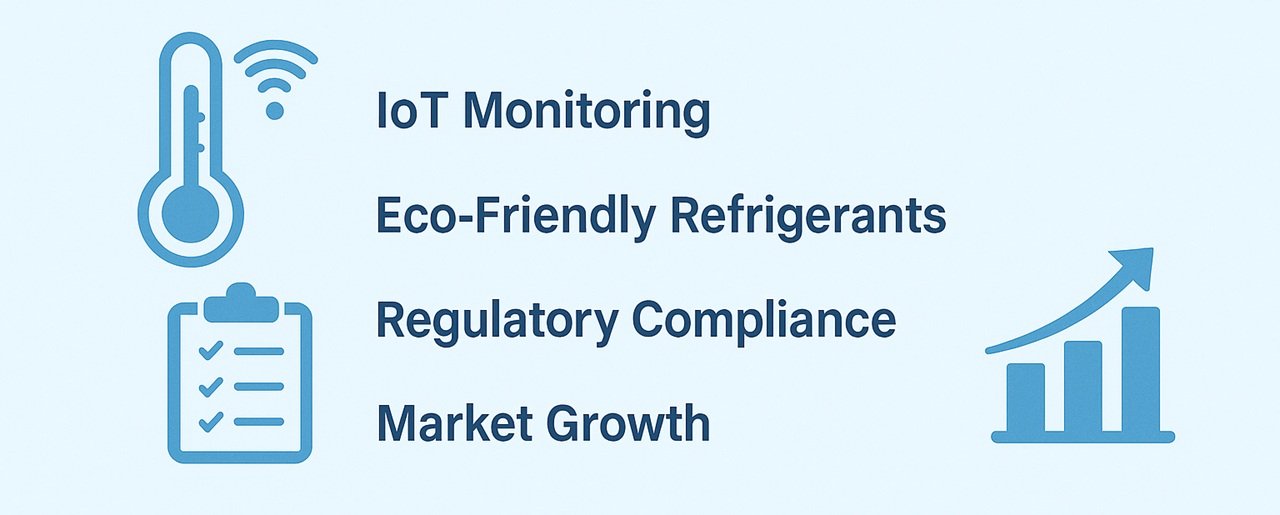The global medical cold chain storage equipment market is projected to grow at a compound annual growth rate (CAGR) of 5.4% from 2025 to 2033, according to a new report published by Research and Markets. This expansion is driven by rising demand for temperature-sensitive pharmaceuticals, biologics, and vaccines, along with tightening regulatory requirements for medical storage and transport.
The increased use of mRNA, cell, and gene therapies has created the need for advanced cold storage systems that ensure product integrity throughout distribution. Global immunization initiatives and pandemic preparedness efforts are also reinforcing the demand for precise temperature-controlled solutions.
International standards set by organizations such as the WHO, FDA, and EMA are compelling healthcare providers to upgrade to certified cold storage units with validated controls and real-time monitoring to reduce product wastage and ensure compliance.
Technological advancements are also influencing the market, with features such as energy-efficient compressors, smart defrosting, solar-powered backups, digital interfaces, and cloud-based monitoring becoming key differentiators. These systems enable predictive maintenance and operational reliability, especially in remote healthcare and biotech locations.
However, high upfront costs and maintenance complexity remain significant barriers, particularly for smaller clinics in lower-income regions. The need for ultra-low temperature equipment further elevates operational expenses.
By temperature range, the market is segmented into 2°C to 8°C, -20°C to -40°C, -40°C to -80°C, and below -80°C. The 2°C to 8°C range led market revenue in 2024, but demand for ultra-low temperature storage is expected to rise, driven by next-generation biologics.
Regionally, North America dominated revenue in 2024, supported by advanced healthcare infrastructure and logistics. Asia Pacific is forecast to experience the highest CAGR through 2033 due to growing healthcare investments. Europe continues as a mature, regulation-driven market, while Latin America and the Middle East & Africa are poised for growth amid infrastructure development.
In 2024, Haier Biomedical and Cardinal Health were among the leading market players. Other companies such as Elanpro and Darwin Chambers focused on energy-efficient innovations. Strategic partnerships with logistics and healthcare service providers are expected to influence future competition.
The market research was conducted using both primary and secondary sources, with input from expert panels and validated through proprietary forecasting software.
Read More
